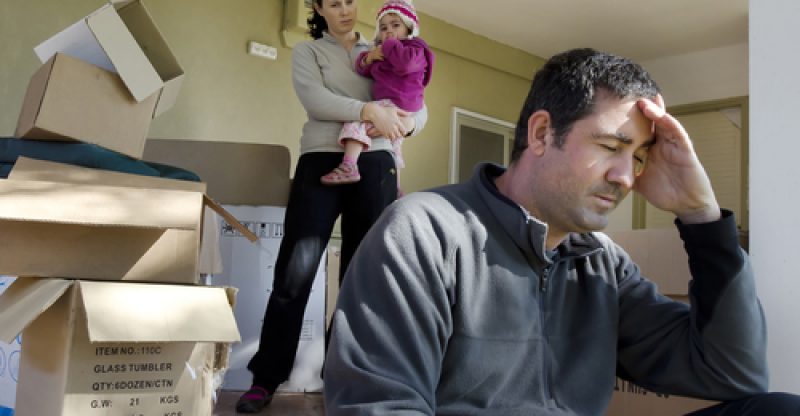What to Do When Tenants Refuse to Leave
Landlords often complain about unreliable tenants. Sometimes tenants can be difficult, unfortunately, as some unlucky landlords have found out, some problem tenants don’t want to leave. Tenants who say that they are going to leave on Monday, but who are still there three weeks later, or refuse to leave after given proper 30-day notice to do so.
The tenant may have stopped paying rent, or may be violating the terms of the lease agreement. He may be creating problems affecting the health or safety of his neighbors, or he may simply refuse to leave after the lease has expired. A landlord may have to seek eviction in those instances. If you find yourself with a tenant who falls into arrears, I recommend that you take the following steps.
Reasonable First Approaches. Talk to your tenants. Typically this begins with giving tenants a thirty day notice that they need to vacate the property. If your property is no longer available, within the terms of the lease, then you would give your tenant a thirty day notice, although longer if possible. But with tenants who are causing an issue that violates the terms of the lease, thirty days is more than reasonable. Similarly, if a tenant isn’t paying rent, they are generally alloted far less than thirty days to pay up or leave the premises. In most cases, the length of time is more like three to five days.
With tenants who are just plain broke, a human approach is often the best resolution. See if you can find out what their plans are. If they have somewhere to go to which is confirmed, then you can be reasonably sure that they will be going (although nothing is 100% certain).
Try to help rather than just making demand. Be kind and helpful whenever possible. If they refuse to speak to you, then just assume that they are not going to move out, and proceed to issuing possession proceedings as soon as you can.
Issue proceedings for possession. Unfortunately, in many cases the reasonable approach won’t get you what you want. Some tenants are resistant to all overtures. The first step is to get a handle on what your tenant’s rights are.
This includes being familiar with Landlord and Tenant Act, a law that specifies how evictions must be handled After issuing an eviction notice with clear language, generally that the “right to occupancy is being terminated”, as well as a timeframe for vacating the property, patiently wait out that time period. It doesn’t matter if all signs show that your tenant won’t be leaving. If you don’t wait out the full time period, your eviction case won’t be legal. Have all your documents in order for the eviction hearing
Self-Help Measures. Even if you’re abiding by the major tenant eviction rules surrounding notice, due process trials, and in some cases the chance to remedy violations, things can sometimes get out of control. Don’t break the rules. Landlords cannot use what are called “self-help measures” to evict tenants, even when they refuse to leave after proper notice. Prohibited landlord self-help eviction measures include physically removing tenants, changing their locks or cutting off their utilities (turning off the heat or water to the property) or if you harass your tenants by damaging their property. If you act in any of these ways, your tenant may successfully complain to the police and have charges brought against you. It’s best to let the courts handle the matter.
Tenant Eviction. You have rights. When your problem tenants refuse to leave, remember that you have rights, and that there are legal avenues for pursuing them. But, your tenant also has rights. To evict tenants refusing to leave, a landlord must first file a complaint with the court ,and then wait for the tenant’s answer. Even if they are in violation of their lease or the law, these rights are taken seriously in the eviction process. If the landlord wins an eviction, the tenant either goes voluntarily or is escorted off the rental property by a law enforcement officer.





